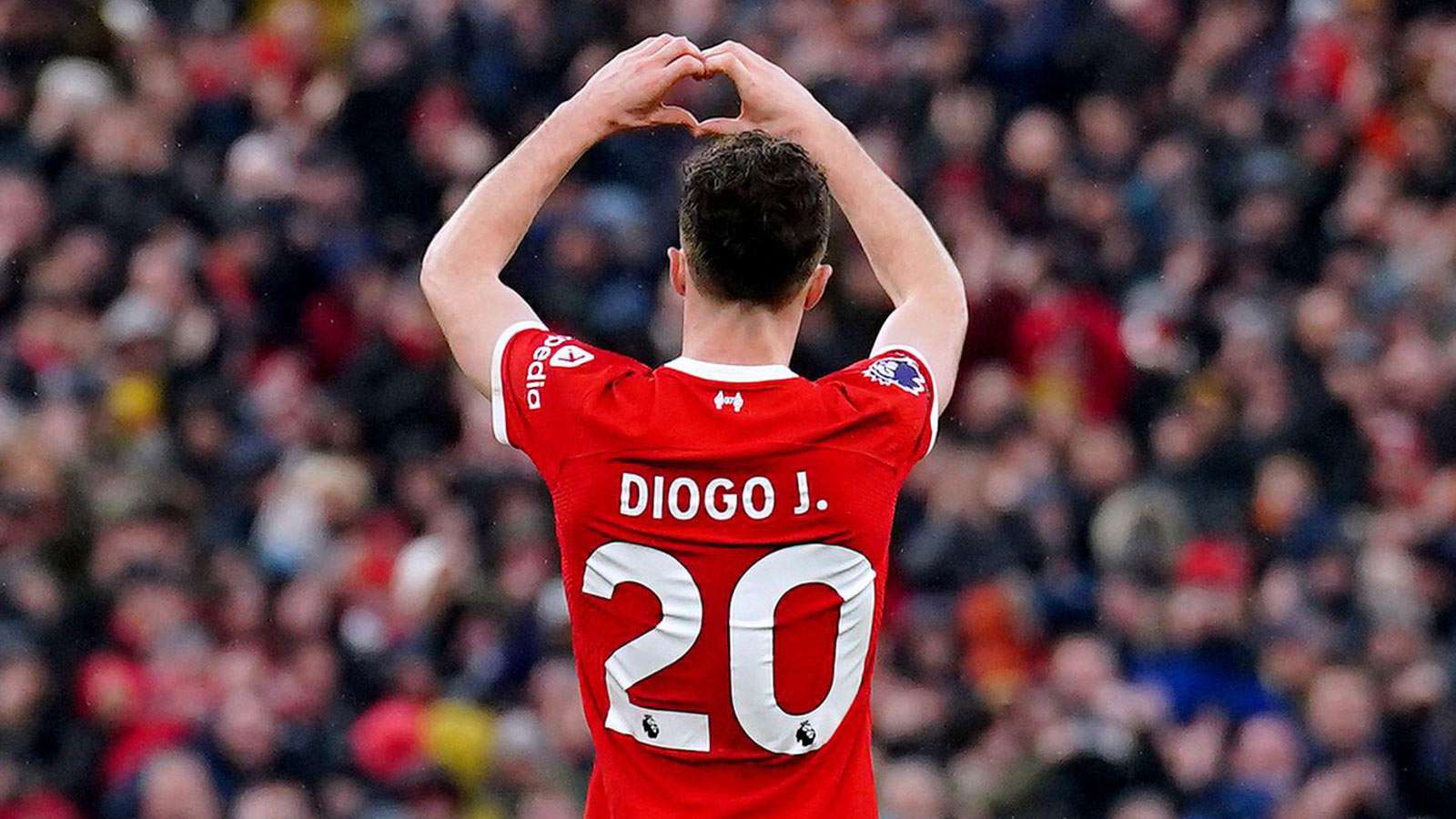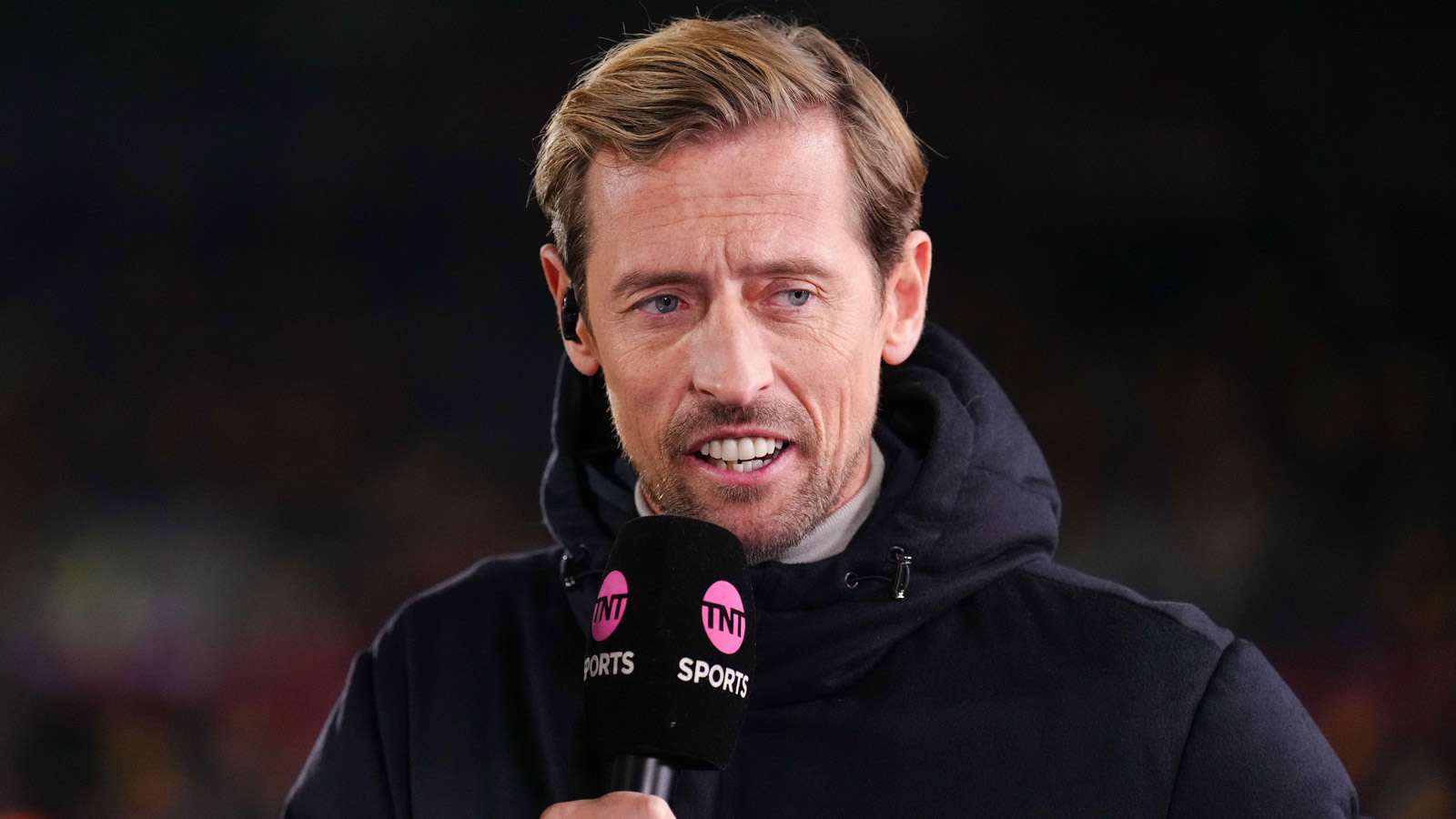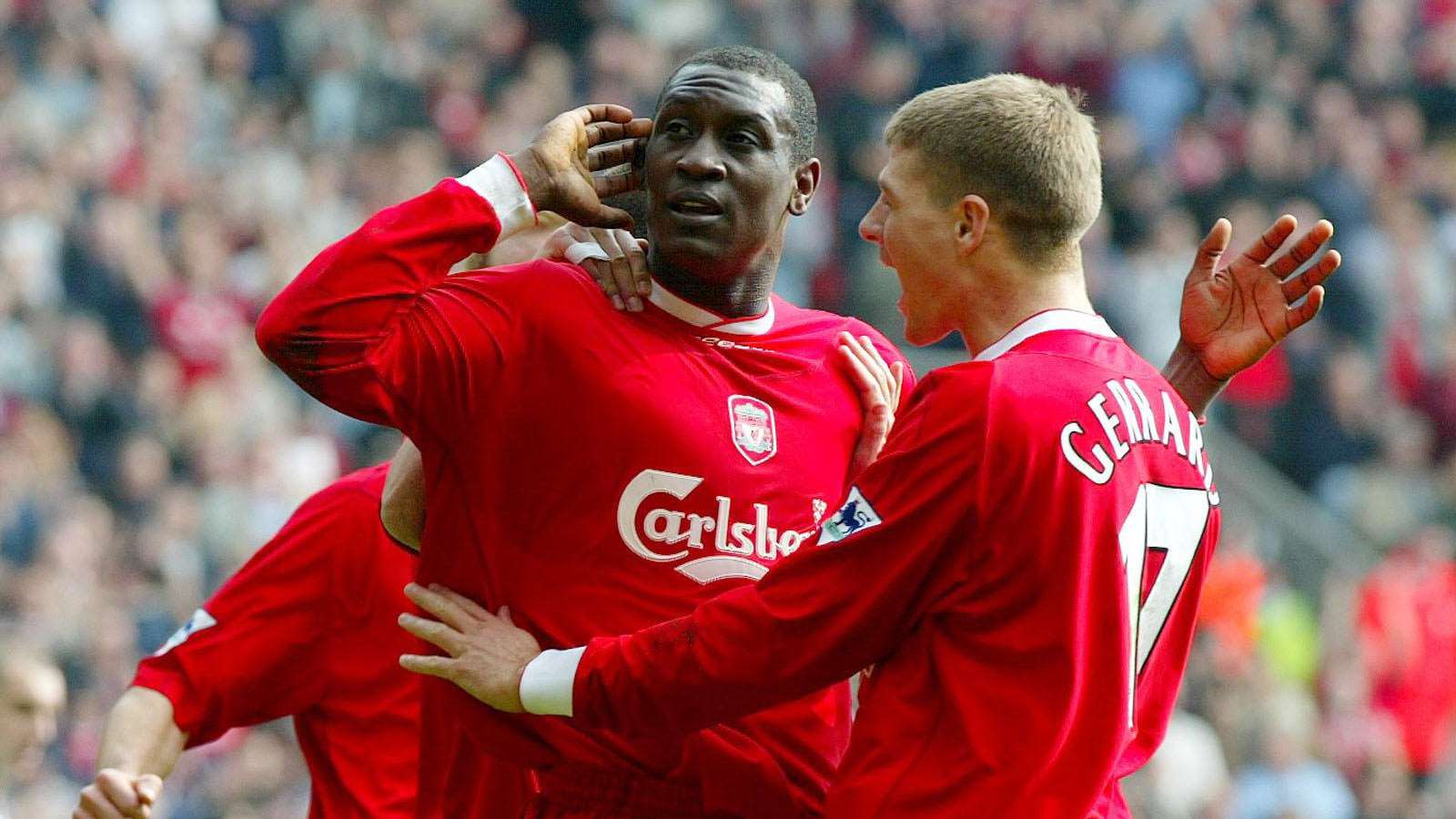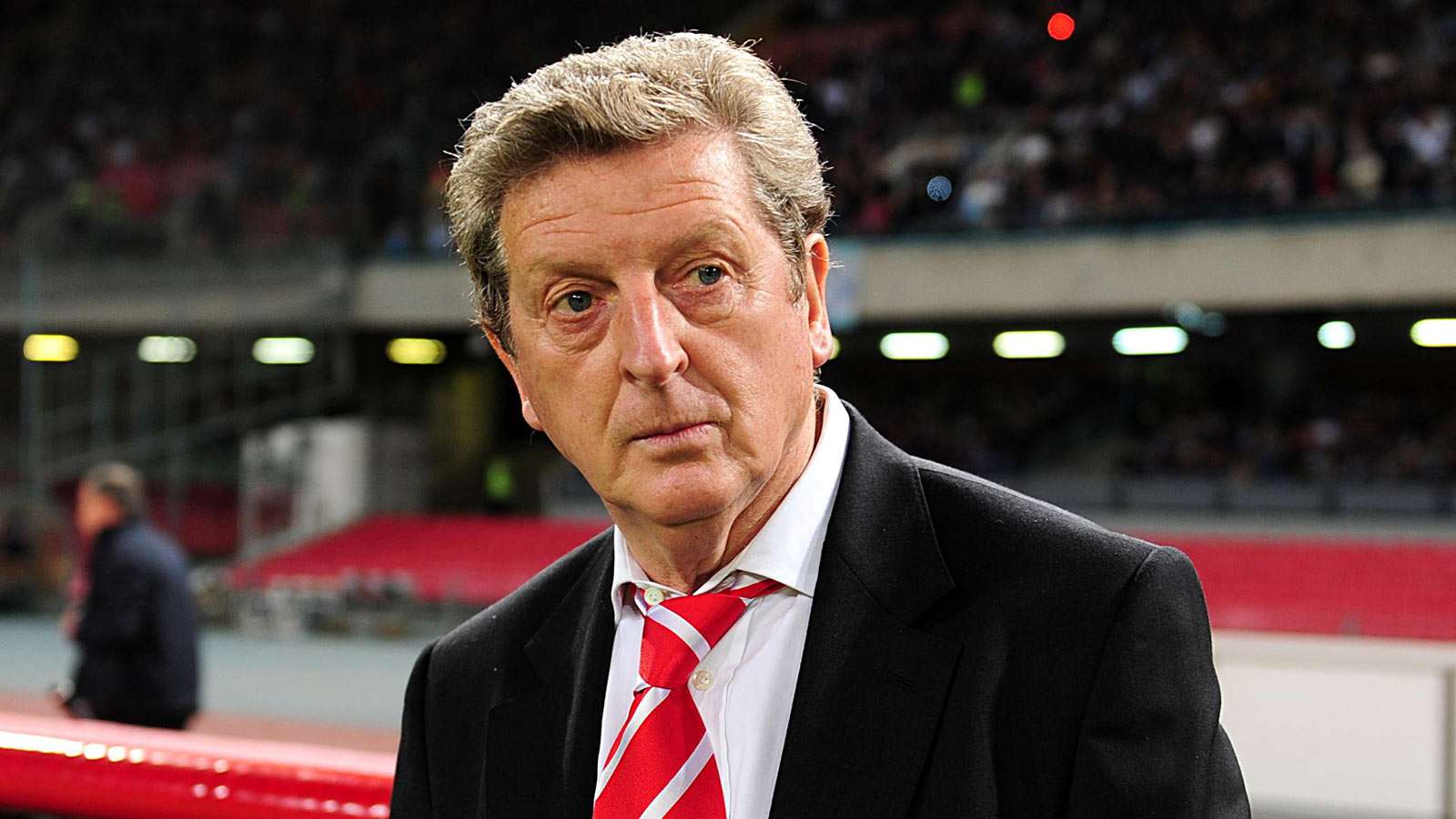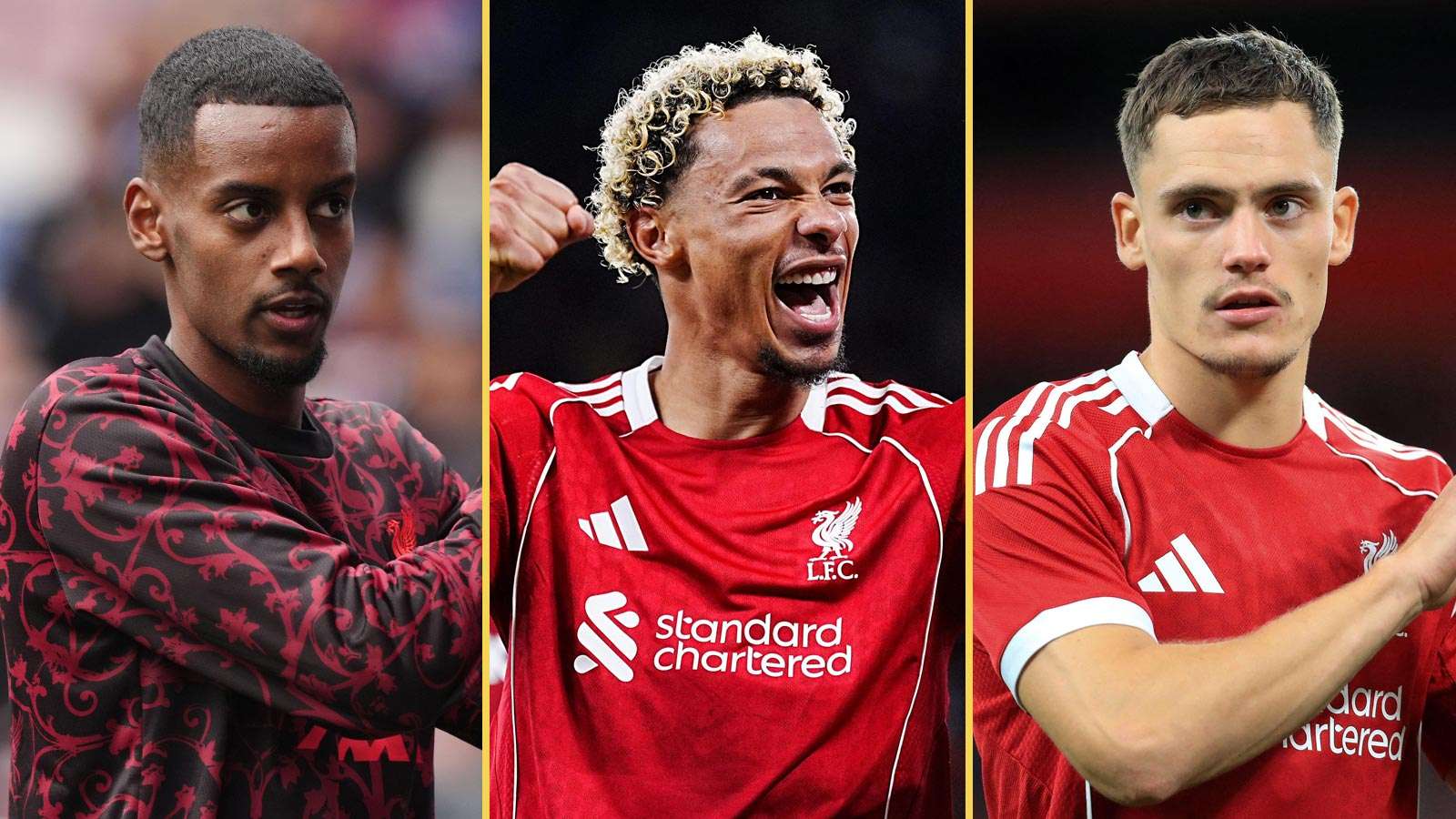Portugal midfielder Ruben Neves dedicates emotional late winner for Portugal and Liverpool late forward to Diogo Jota with touching tribute.
Football, for all its noise and tribalism, still finds moments that strip everything back to pure emotion.
Saturday night in Lisbon was one of those moments when Rúben Neves 91st minute header gave Portugal a 1-0 win over the Republic of Ireland and sent an entire nation into tears and applause in equal measure.
For Neves, it was far more than a goal. It was a message, a promise kept, and a tribute to a man whose absence still feels unbearable.
When the Al-Hilal midfielder raced toward the corner flag, his celebration was deliberate. He kissed the badge on his chest, looked up to the sky and then bent down, tugging at the sock on his left leg.
Rúben Neves scored his first ever Portugal goal against Ireland in the 91st minute and celebrated by paying tribute to his late friend Diogo Jota ??
Neves kissed the number 21, which he inherited from Jota, who wore the number at both EURO 2020 and 2024 for his national team ?… pic.twitter.com/xCl0s5L57D
— OneFootball (@OneFootball) October 12, 2025
There, freshly inked into his calf, was an image of him embracing Diogo Jota his close friend, team-mate and brother in football who tragically passed away in July alongside his brother Andre Silva. The tattoo shows Jota in his Portugal shirt, “Diogo J.” and the No. 21 on his back, his head resting against Neves’ shoulder.
For the first time since Jota’s death, Portugal were back on home soil. For the first time in his international career, Neves found the back of the net. In a night where Portugal had battled frustration, squandered chances and a defiant Irish goalkeeper, the script could not have been more poignant.
Ireland had played their part to perfection for 90 minutes. Caoimhín Kelleher, former deputy to Alisson Becker, produced a display that was part brilliance, part defiance.
Cristiano Ronaldo saw a penalty saved by Kelleher’s outstretched boot after Francisco Trincão’s effort had struck Dara O’Shea’s arm and as the game crept into stoppage time, it seemed Roberto Martínez’s side were heading for a frustrating draw.
Bruno Fernandes and Bernardo Silva had both been forced into speculative efforts from range. Ronaldo, too, cut a frustrated figure as Ireland sat deep, closing every pocket of space, their green wall unbroken.
Then came the moment.
Trincão, lively off the bench, whipped in one last hopeful cross from the right. Neves darted forward, timing his run perfectly to beat both defender and goalkeeper to the ball. His glancing header arched across goal, clipping Kelleher’s glove and spinning inside the far post.
The Estádio José Alvalade erupted. But amid the roars, Neves’ reaction told the real story. He pointed skyward, eyes closed, whispering words that only he and one other could truly understand.
When the noise had settled, Neves was asked by Sport TV whether the goal had felt “written in the stars.”
He didn’t hesitate.
“I think so,” he said softly. “My first goal for the national team, with this number, couldn’t have been better. It was the desire and passion he had to be here with us.
“The manager said that each of us would inherit a little bit of who Diogo was, and today was one of those games. A very difficult match, with a team defending extremely low, with practically no space. It had to be this way.”
Neves and Jota’s friendship stretched back nearly a decade. Both were products of FC Porto’s academy, two of the most promising talents of their generation. When they later reunited at Wolves under Nuno Espirito Santo, their connection deepened two Portuguese talents adapting to England together, driving one another to improve.
They lived close by, travelled together, celebrated family milestones and countless victories. When Jota sealed his £45 million move to Liverpool in 2020, it was Neves who called him first. They spoke regularly, still sharing tactical insights and words of encouragement, even when separated by continents.
So when Jota passed away suddenly in July, it tore through the football community but for Neves, it left an emptiness he could only try to fill through memory and meaning.
Shortly after, Neves asked the Portuguese Football Federation if he could take Jota’s No. 21 shirt. It was a gesture that said everything about their bond.
“He’s a very special person to me and a way of seeing him on the field,” Neves said. “I promised I would remember him as much as I could. All these details are a way of bringing him to me to all my achievements and challenges.”
The tattoo, the number, the celebration they’re all part of that promise and in Lisbon, it came full circle.
This was Portugal’s first home game since Jota’s death, and in the 91st minute, Neves became the one to deliver their first home goal without him there was symbolism in everything.
The assist came from Trincão another of Wolves’ Portuguese alumni. The header, almost a carbon copy of goals Jota himself scored for both club and country. and the location Lisbon, a city where Jota had made his name before heading to the Premier League.
Even neutral fans seemed to recognise that the moment carried a sense of fate.
“Every time I step on the pitch, I think of him,” Neves admitted afterwards. “That goal was for him and for everyone who misses him like I do.”
On the pitch, the result kept Portugal’s flawless World Cup qualifying campaign alive three wins from three, with the chance to seal top spot and automatic qualification against Hungary on Tuesday.
Football doesn’t often hand out perfect scripts. But sometimes, it finds a way.
On this night, in Lisbon, Rúben Neves wrote one that Diogo Jota would have loved.
